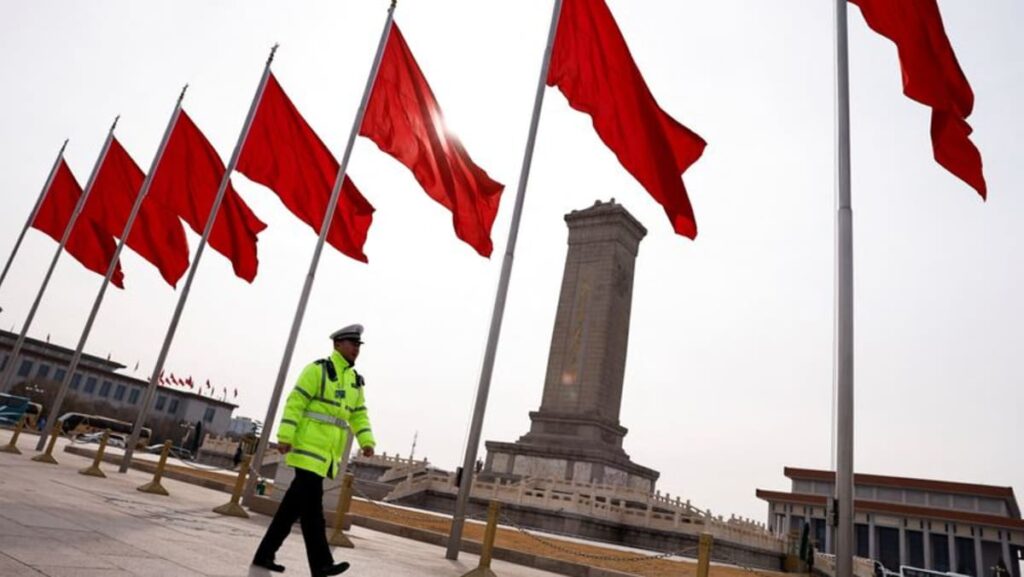Personnel changes were also confirmed by the Central Committee as laid out in the communique, with the wording used for one particular individual drawing particular attention.
As widely anticipated, the expulsion of former defence minister Li Shangfu from the CCP for was endorsed. State media first made the announcement on Jun 27 that Li had been kicked out of the party for “serious violations of discipline”, together with his predecessor Wei Fenghe.
The report at that time also laid bare the nature of his crimes for the first time, stating that he was suspected of receiving “huge sums of money” in bribes as well as bribing others. He also did not fulfil ‚Äúpolitical responsibilities” and “sought personnel benefits for himself and others”.
Alongside Li, the removals of top People’s Liberation Army Rocket Force generals Li Yuchao and Sun Jinming were formalised during the third plenum, also for “grave violations of Party discipline and state laws”.
Current defence minister¬ÝDong Jun – who succeeded Li two months after his sacking – was not raised into the elite Central Military Commission during the third plenum as some analysts had predicted.¬Ý
Pointing this out, Mr Neil Thomas, a fellow on Chinese politics at the Asia Society Policy Institute, told CNA the recent corruption scandals “appear to have eroded the political power of the military”.
But it was the resignation of former foreign minister Qin Gang from the central committee that arguably raised the most eyebrows, especially with the wording used in the communique.
¬Ý
Qin was removed from his post after just seven months amid speculation he had an extramarital affair that potentially compromised national security, making him the shortest-serving foreign minister in the country’s modern history.¬Ý
The communique referred to him as a “comrade” or “tongzhi” in Chinese while stating that the central committee had accepted his resignation from the body. The term is commonly used among CCP members, and analysts have seized on what appears to be deliberate wording.
“(It could suggest) his disciplinary infractions were more personal than political and that Xi has the political capital necessary to protect his one-time protege from harsher punishment,” said Mr Thomas.
Mr Qin was handpicked by President Xi himself. Before his downfall, he was considered a close confidant of the Chinese leader and had rapidly ascended the political ranks.
‚ÄúXi’s ability to advance his policy agendas, punish the military, and protect Qin Gang suggests that he remains in firm control of the Communist Party,‚Äù said Mr Thomas.
Read the full article here














